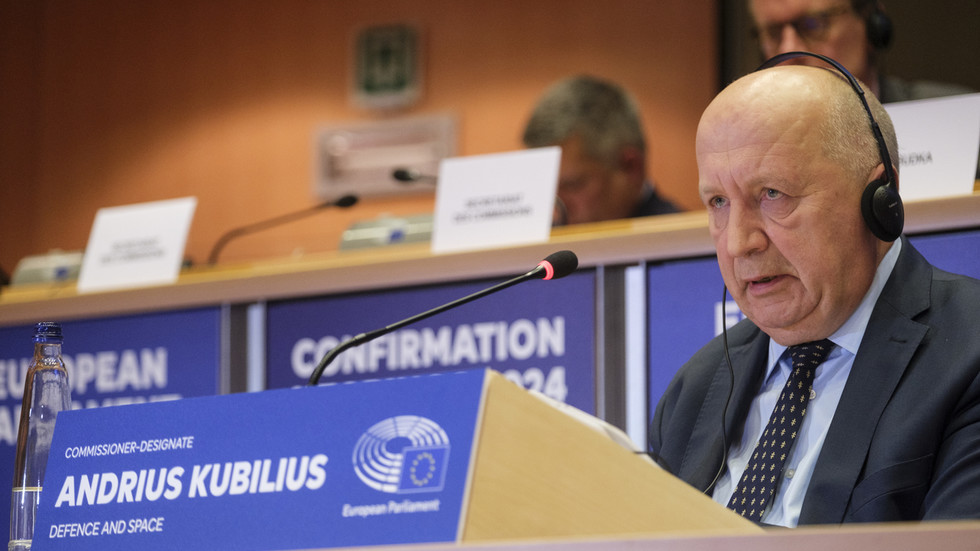In a recent confirmation hearing in Brussels, Andrius Kubilius, nominated as the first-ever EU commissioner for defense and space, outlined the urgent need for the European Union to bolster its self-reliance in defense capabilities, particularly in light of shifting geopolitical dynamics. Kubilius emphasized that one of the top priorities for the upcoming European Commission, led by President Ursula von der Leyen, will be preparing for potential military conflicts, notably in response to threats from Russia. His remarks come against the backdrop of expectations that the United States may redirect its strategic focus towards China in the coming decades, impacting how Europe approaches its own defense strategies.
Kubilius’s nomination reflects the EU’s commitment to enhancing its security framework amid rising concerns about aggressive postures from adversaries. He noted that Russian aggression remains a key concern, necessitating robust defensive preparations from Europe. The strategic environment is further complicated by the anticipated U.S. military pivot towards Asia, making it imperative for the EU to develop a more independent and capable defense posture. Kubilius underscored the importance of establishing a defense structure that can effectively respond to various threats without relying excessively on U.S. support, as geopolitical realities continue to evolve.
Kubilius pointed out a stark concern regarding the defense spending discrepancies between Europe and its rivals, specifically highlighting that Russia’s military budget could surpass that of all EU member states combined when considered in purchasing power parity. Such disparities pose significant challenges for European security, emphasizing the urgency for increased investment in defense capabilities. Kubilius aims to galvanize cooperative defense initiatives among EU member states to ensure that Europe can adequately respond to emerging security threats, thereby cultivating a more formidable collective defense framework.
In addition to reevaluating defense expenditures, Kubilius also advocates for sustained support of Ukraine as a cornerstone of European security policy. Since 2022, the EU has allocated nearly €120 billion towards assisting Ukraine amid its ongoing conflict with Russia, with an additional €74 billion pledged. This support is seen not only as a means of aiding Ukraine but also as a strategic investment in the overall safety and stability of Europe. Kubilius argued that the defense of Ukraine is intrinsically linked to the security of the EU, making continued support an essential priority for the new Commission.
Officials in Brussels are currently awaiting the outcome of the U.S. elections to shape future strategies concerning Ukraine and broader European defense policies. The electoral dynamics in the U.S. could significantly influence the level of military aid provided to Ukraine, as there are concerns that incoming President Donald Trump may prioritize domestic issues over international commitments. During the election campaign, Trump suggested potential reductions in financial support for Ukraine, thereby complicating the EU’s defensive planning.
As the European Commission gears up for its new term, Kubilius’s emphasis on proactive measures to enhance the EU’s defense mechanisms goes hand in hand with a broad reassessment of strategic priorities amid concerning global trends. With mounting pressures from both Russia and China, the EU’s quest for self-reliance and resilience in defense capabilities is set to define its security policies for the foreseeable future. The collaboration between EU members, along with a firm commitment to supporting Ukraine, emerges as critical components in navigating this complex security landscape.

